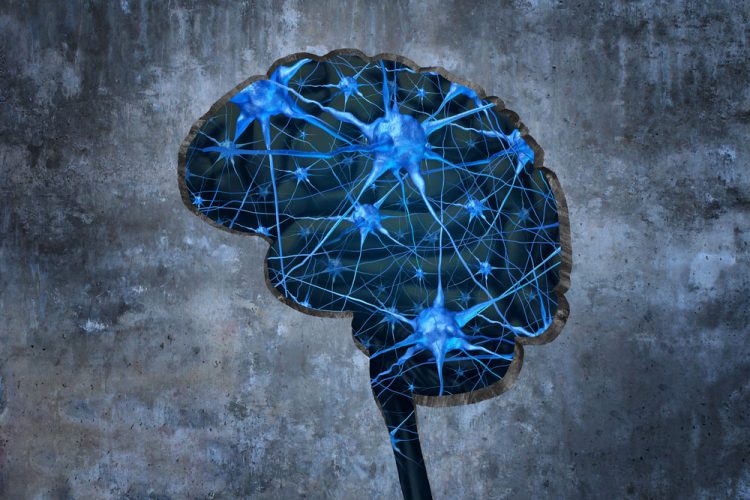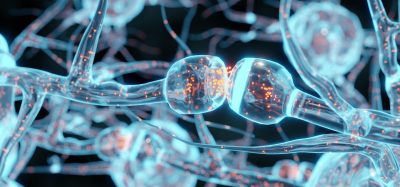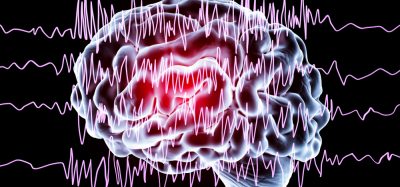Nicotinic receptor research paves way for targeted dementia therapy
Posted: 28 March 2018 | Dr Zara Kassam (Drug Target Review) | No comments yet
A new study which identifies how acetylcholine impacts learning and memory by acting at different receptors could prove significant in the drive to develop more targeted and effective therapies for dementia…


A new study which identifies how acetylcholine impacts learning and memory by acting at different receptors could prove significant in the drive to develop more targeted and effective therapies for dementia.
Currently, the main treatments for Alzheimer’s disease are drugs that increase levels of acetylcholine in the brain. The researchers at the University of Bristol describe the role of two main types of nicotinic receptor (α7 and α4β2 receptors) play in long-term memory retrieval and encoding – and the impact of acetylcholine on these receptors.
Nicotinic receptors, named after their sensitivity to nicotine, are expressed in the human and rodent brain where they are naturally activated by the neurotransmitter acetylcholine. Activation of nicotinic receptors by acetylcholine in the frontal cortex of the brain has previously been shown to be essential for functions such as attention and working memory.
Biomarkers aren’t just supporting drug discovery – they’re driving it
FREE market report
From smarter trials to faster insights, this report unpacks the science, strategy and real-world impact behind the next generation of precision therapies.
What you’ll unlock:
- How biomarkers are guiding dose selection and early efficacy decisions in complex trials
- Why multi-omics, liquid biopsy and digital tools are redefining the discovery process
- What makes lab data regulatory-ready and why alignment matters from day one
Explore how biomarkers are shaping early drug development
Access the full report – it’s free!
Professor of Cellular Neuroscience, Zafar Bashir, and researcher Marie Sabec, in the School of Physiology, Pharmacology and Neuroscience, have demonstrated for the first time that both types of nicotinic receptor are essential for long-term associative recognition in rats.
What’s more, the study also found that each nicotinic receptor subtype was responsible for distinct aspects of memory. The initial encoding of information (“learning”) was dependent on the α7 nicotinic receptor, and subsequent memory retrieval (“remembering”) relied on the α4β2 receptor.
“Learning is thought to rely on changes in the strength of communication between neurons. In this study, we have shown that the α7 nicotinic receptors enhance communication between the hippocampus and frontal cortex but α4β2 nicotinic receptors decrease communication between these regions. Therefore, acetylcholine acting on different subtypes of nicotinic receptor in the frontal brain can enhance or depress neural communication for the learning and remembering of long-term memory, respectively.
“These findings could have significant implications for the way stimulation of acetylcholine is used to treat Alzheimer’s. If drugs can be developed to target the individual nicotinic receptors, responsible for different aspects of long-term memory, we could see much more targeted and effective therapies for dementia.”
The study has been published in Cell Reports.
Related topics
Disease Research, Ion Channels, Research & Development, Therapeutics
Related conditions
Alzheimer’s disease, Dementia
Related organisations
Bristol University
Related people
Marie Sabec, Zafar Bashir








